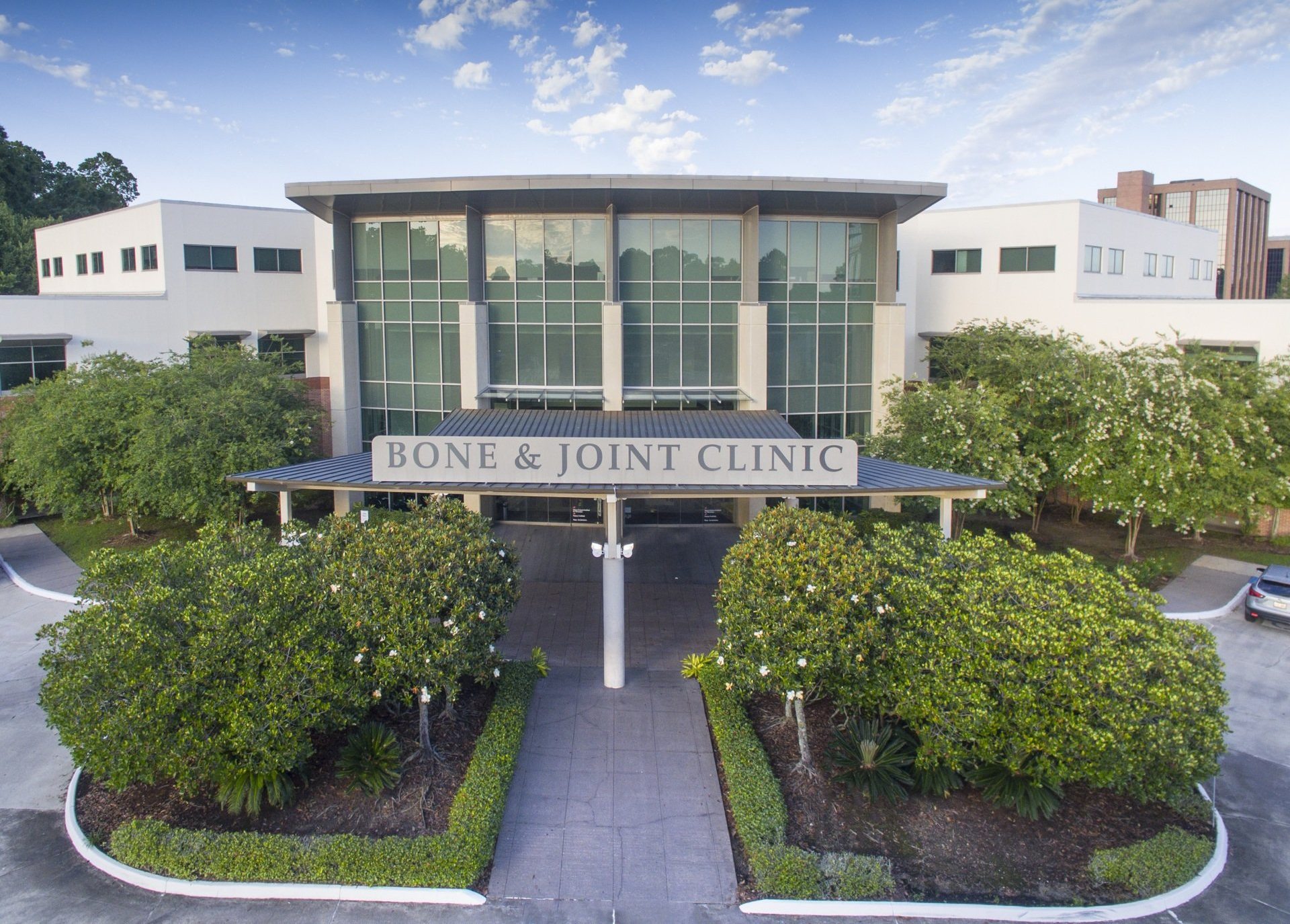Osteoarthritis (OA) affects over 30 million American adults and is a leading cause of disability. Among its many forms, osteoarthritis of the hip is the third most common, causing millions of sufferers to fight ongoing pain, stiffness and reduced mobility in the joint. Key to keeping these symptoms under control and minimizing their impact is an effective treatment plan.
Non-Surgical Hip Osteoarthritis Treatment
The most successful conservative (or nonoperative) treatment plans for hip OA typically come from a combination of medication an activity. Commonly used options include:
- Lifestyle changes - avoidance of high-impact activity (running, stair-climbing, etc.), maintaining a healthy weight and healthy diet, can reduce symptoms of osteoarthritis. A cane used in the opposite hand while ambulating takes force off of the affected hip and can provide significant relief.
- Medications – Pain management is an essential part of any arthritis treatment plan. There are a multitude of drug options available to patients to help control their level of discomfort. Over-the-counter medications that may be obtained without a prescription include acetaminophen (Tylenol), ibuprofen, and topical ointments. These may help to relieve mild to moderate pain. For more severe or persistent pain, prescription strength medications may be considered.
- Injections – Intra-articular injections under ultrasound- or x-ray- guidance can often effectively reduce pain for a period of time. These are less consistent, as some patients may get little relief, while others will get relief for months. A combination of a local anesthetic medication with corticosteroids or other anti-inflammatory medication is commonly used. Other options include hyaluronic acid, platelet-rich plasma, or stem cell therapy, however many of these are not FDA-approved, are still being studied with regard to their efficacy, and are often not covered by insurance.
- Physical Therapy – The role of physical therapy for hip osteoarthritis has been called into question with recent studies. Physical therapy may be more effective in patients who have balance or other walking problems, or are fairly physically inactive.
Surgical Treatment of Hip Osteoarthritis
When the pain of hip osteoarthritis becomes too severe and prohibitive to daily activity, and when more conservative protocols have failed, hip replacement surgery is often the next appropriate step. Among the techniques available for this type of joint replacement are:
- Traditional Hip Replacement – Traditional hip replacement surgery is performed through the back of the hip joint. It involves an incision along the side of the hip/thigh, muscles are split or detached, and repaired after the hip is replaced. The traditional hip replacement approach through the back is an effective means of approaching the joint, but may be associated with a higher risk of dislocation, and longer length of stay.
- Anterior Hip Replacement – Anterior hip replacements are approached through a muscle-sparing interval in the front of the hip. Muscles are separated from each other in this approach, as opposed to splitting muscles or detaching them. Because of this, the anterior approach may lead to a faster recovery, and lower rate of dislocation.
- SuperPath Hip Replacement – SuperPath is a more recent development among hip replacement techniques. This procedure also spares the hip muscles, and is approached from the superior (top) of the hip joint. Like the anterior hip approach, this procedure may also lead to a faster recovery and lower rate of dislocation when compared with the traditional hip replacement technique.
Hip Osteoarthritis Treatment in Baton Rouge
A skilled orthopedic physician is vital to OA management. Having the right specialist in your corner can keep you ahead of arthritis-related complications and worsening of symptoms. At the Bone and Joint Clinic of Baton Rouge, we have an expansive team of orthopedic specialists who are all fully skilled in the care of the hip joint. Furthermore, should surgery become necessary, our doctors offer the latest techniques with the best possible results. Contact our office to learn more and request a consultation.




